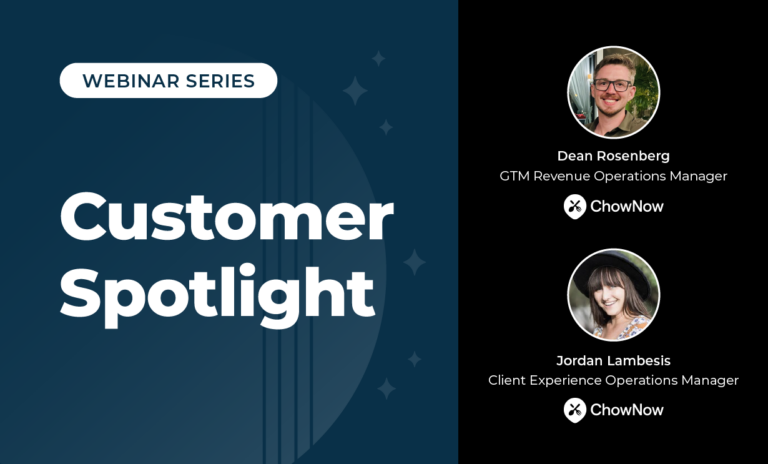Suddenly it seems like everyone is bragging about a match made in heaven. More and more vendors are rushing out solutions that can match leads and accounts within the popular Salesforce CRM.
We’re witnessing the commoditization of lead-to-account matching.
It was bound to happen. Arguably, the No. 1 technical challenge in Salesforce is the lack of a natural connection between leads and accounts in the popular CRM’s architecture. That’s always been a headache for administrators in charge of their company’s Salesforce database. But with the rampant growth of account-based strategies, it now has become more apparent to everyone that this is a strategic hurdle for businesses. And there’s a very real bottom-line cost.
Simply put, Account-Based Nothing is what you get without knowing — and engaging — all of the key decision-makers within an account. (Research firm CEB estimates that an average of 5.4 influencers must reach a consensus in a typical B2B purchase.) It’s why matching leads to accounts is the foundation of an account-based philosophy.
It’s why the matching bandwagon is becoming more crowded. And that also adds to the confusion for businesses exploring Account-Based Marketing in the hopes of measuring the true impact of marketing campaigns, improving sales team productivity and closing more deals.
All lead-to-account matching solutions are not the same. But how do you know which one is best for you? Well, we’re here to help make you a more informed buyer. Here are some in-the-weeds questions you should be asking vendors as you’re exploring technologies.
- Is the solution 100-percent native to Salesforce? Businesses trust the CRM for good reason. It’s a safe and secure environment. Ask if the vendor needs to export data elsewhere in order to do its matching.
- Does the matching algorithm require data enrichment to find a match? With some solutions, customers need to fill out specific fields or enrich existing data sets with other applications to ensure matches. Make sure to ask the vendor whether the matching solution requires additional fields to work.
- What happens when a lead matches into multiple accounts? Find out what tiebreakers are available. Sophisticated matching requires a sophisticated system of tiebreakers. It’s very common for leads to match into multiple accounts. What happens then? How is the most likely match determined? For instance, does the solution only use geography as a tiebreaker? A matching system won’t be effective without robust tiebreaker options.
- Does matching occur in real time? Are leads matched to accounts automatically as they enter your system, or is it done based on nightly and weekly “batches”? You need to know if the vendor’s matching system can keep pace with your fast-moving businesses when any delay can mean a lost opportunity.
- What is the match rate? Yes, it’s an obvious question. But a poor match rate means a poorly designed algorithm that’s bound to miss out on critical connections within your database. Also, does the solution require you to provide an account list to match? Or can you match your entire database?
- Is the vendor willing to do a head-to-head trial? As the late, astrophysicist Carl Sagan liked to say, extraordinary claims require extraordinary evidence. A vendor ought to be willing, and eager, to show their solution not only works but that it’s better than competitors. Make them prove it. And if they will do a head-to-head trial, does that mean sending them a list to match, or can they do it automatically in your Salesforce instance? Also, how long will it take?
- What happens after the match? Matching is incredibly powerful. But it’s really only the first step in a comprehensive lead management strategy. Ask what kind of additional functionality is offered. Can leads then be routed to specific reps and teams? Can you round robin leads? Can all leads and contacts be sent to the same rep working an account? Can they be assigned based on a marketing campaign or product interest?
Accurate matching is not only valuable for gaining insights into target accounts, but also for surfacing the other lucrative accounts not yet on your radar — but should be. Hopefully, the answers to these questions can help guide your evaluation process so you make the best decision for your business. After all, the gap between good and bad matching is where deals are lost.






